Petra and Tomáš Kubuš love traveling and street food. Their blog, Street Food Hunters, is dedicated to putting these two passions together. They introduce their readers to new destinations and the treasures of local cuisine that they find out in the streets.
Do you remember the first street food you had abroad?
P: When I think back to the holidays with my parents, we usually brought most of our food from home. It was both a matter of a fear of the unknown and a limited budget. My first memory of local food comes from a visit to Bulgaria, where we had tsatsa fish sprinkled with lemon. They were so good that we came back to have more every day and we even tried to find some after we got back home. When it comes to the trips I went on alone, my first street food was a kebab in Istanbul.
T: It was the exact opposite with me – I love to try home-made food and so I always wanted to find something that would be typical for the country I was visiting. Italian street shops that sold ‘pizza al taglio’, pizza triangles, were among the first I’ve tried. Later, in Istanbul, I fell in love with street food after I’ve tried ‘balık ekmek’, bread with a mackerel strip and vegetables.
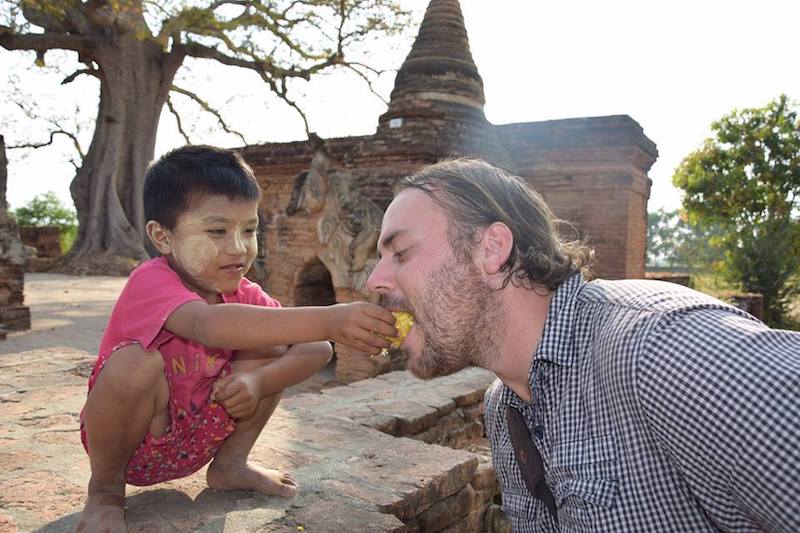
What made you start a blog about traveling and street food?
We both travel a lot and Tomáš has his blog since 2006, back when it wasn’t as modern as it is these days. We didn’t use to pay much attention to what we ate during our travels and always picked the kinds of food we already knew. We later realized that it’s a shame because local food is usually much tastier and you can really learn a lot about the culture of that country through its food. So, before each journey, we made it a habit to always look for specific dishes we would like to try in that country. We discovered that nobody in our home country of Slovakia does this kind of blog and the idea was born. We’re both motivated to continue because we love what we do.
How many countries have you visited so far?
T: I don’t like this question much because it’s easy to slip into a discussion about what is too few and what is too many and then it seems like traveling is a competition. It’s close to 90 countries at the moment, but that’s just a number. What’s more important to me than how many countries I visit, is the time I spend there. That’s the only way I can measure all of the experiences I’ve had in these countries. I’ve already spent a few months in Italy, Iran, Turkey, Thailand or India but I know that it’s still not enough to truly get to know them.
P: I’m still trying to catch up to Tomáš but I’m unsuccessful. I’ve been to about 80 countries now. The same as Tomáš, I think that the countries of the Near East and India are the most culturally interesting.
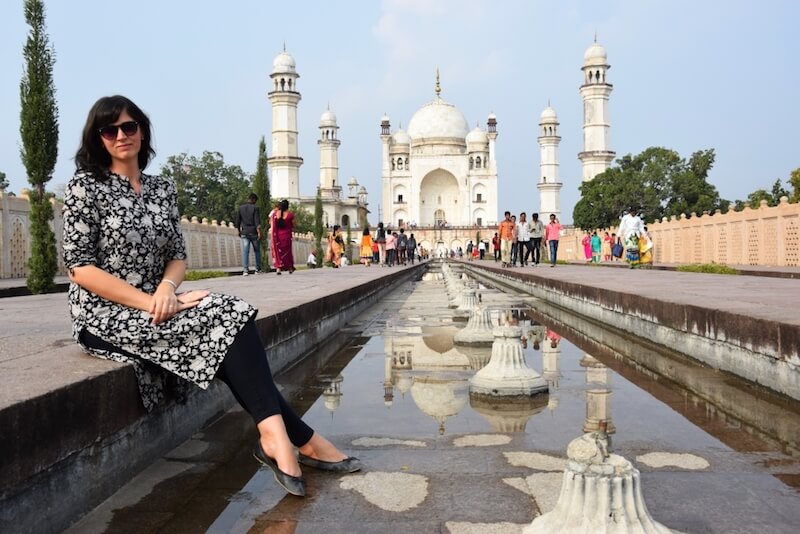
Which national cuisine was the best?
We haven’t really been to a country where we wouldn’t like the food. We think the cuisine of southeast Asia is the best, especially Indian and Thai cuisine. We often cook foods from these two countries at home. Iran has an interesting cuisine because most people think that it’s solely based on kebab, but that’s not right at all. It’s extremely diverse. Vietnam also has some great food to offer and, in Europe, we would recommend Italy or Sicily.
You’ve tried many kinds of street food during your travels. Is there any that was the absolute best?
T: I think that’s the hardest question you could have asked. I love them all and if pick only one, I’ll feel like I’m not doing the others justice. Lately, I’ve been thinking about Masala Dosa, an Indian dish. I’ve eaten so much of it in India, standing with the locals with the food in one hand and tea or milk in the other one.
P: I think that I’ll have to pick the Thai food Pad Thai. I could eat it every day.
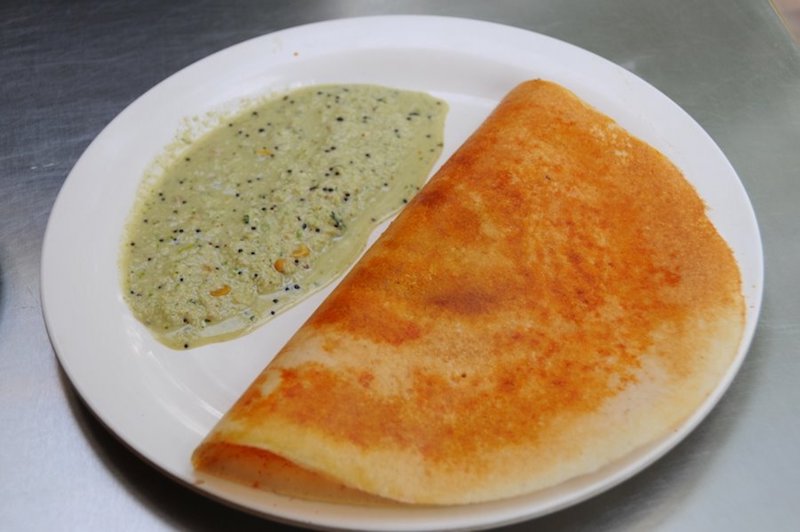
Many people don’t eat street food because they fear food poisoning. Are there any countries where you would recommend avoiding street food?
If people use their common sense and uphold the basic rules, they don’t need to fear any country’s food. India, for example, has a very bad reputation when it comes to street food. Despite that, we’ve both spent a few months in India and never had a problem. We’ve eaten at a few places that were less than trustworthy. We’ve eaten from many street-food stands, at strangers’ houses because they had a sign out front claiming that they will make you food, and drank from a plastic bucket. It was almost as if we knew where we can and can’t eat. One needs to have caution because once they lose it, things can go bad very quickly.
Did you ever get food poisoning?
Thankfully, no. Of course, one always has to uphold the basic principles of hygiene and only eat where the locals eat. It’s also good to listen to the advice of friends and use the internet to find new places to eat. If for example, you go to a restaurant that’s been in business since 1936 and people stand in line for it every day, there’s only a very small chance that something bad will happen.
Do you have any tips on how to find the best street food?
If we’re somewhere for a long time, like last time when we were in India for 3 months, we usually ask the locals. A country’s cuisine is usually a good topic of conversation and many locals love to share this part of their cultural identity with foreigners. On the other hand, if we know we’ll be somewhere for a short time, a few days or so, we usually look on the internet and search for the local traditional food and good restaurants. It’s pretty time-consuming but if we find a good place and get to try a food we really wanted, we’re always very happy about it. It’s a bit like a game for us.
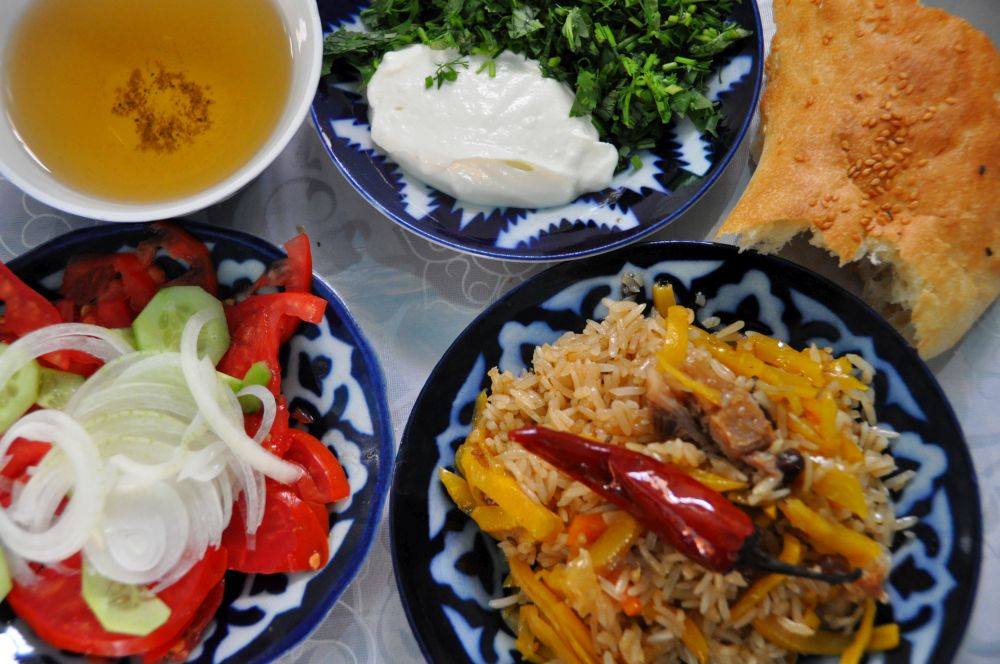
Do you think your blog can help other people get over their fear of street food?
We truly hope so. It’s one of the main reasons we write it. We can see little changes around us and we’re happy whenever our fans send us a photo or video. Though we could say that this is ‘the era of street food’, many people are still cautious, especially when it comes to places like India. We love to show people that they don’t have to fear street food and should try to find and enjoy it.
From your blog, it’s clear that you love the Near East. Why are these countries so special?
T: It’s true, we really love that part of the world. In the beginning, it was the strange feeling where everyone was judging these countries but I wanted to go and see them for myself. I first visited the region in 2007 and a year later, we went on an amazing trip with my brother. First, we took a one-way flight to Cairo and then went with our backpacks from Egypt, through Jordan, Syria, Lebanon, and Turkey, all the way home. I still consider this trip one of the most beautiful I’ve ever taken. It was one of my first real trips and we managed to see places that don’t exist anymore because of the war. Today, the path we took is gone. That was where my love for the region started. I later visited a few more times, which only made me love those places more. I was fascinated by the history, the people, food, the smells, and the chaos of life. It’s hard to tell exactly when I fell in love with this region, but I’m glad that it happened.
It’s said that Arabic countries are very hospitable. Is that true?
Yes, it’s true. Not only Arabic countries but also Persian, Middle Asian or Turkish. We could call them ‘Islamic countries’. Their hospitality isn’t just pretended either, the people aren’t trying to look or portray themselves in a good light. Hospitality is deeply ingrained in the spirit of the local people. We can’t even count how many liters of tea we drank with locals from this region, how many times we’ve been invited out to food, and how many hours we spent talking to the locals who were genuinely interested in learning more about us. I think that Iran is one of the most hospitable countries in the world. One really has to experience is to believe it.
Is there a place you always love to return to?
P: For both of us, such a place is Istanbul. It has a perfect blend of history, food, and culture. Orhan Pamuk says it best in his book about Istanbul where talks about so-called ‘huzun’, a sort of state of melancholy but happiness at the same time. It’s how we feel every time we’re there. We have a few good friends there, so we return often.
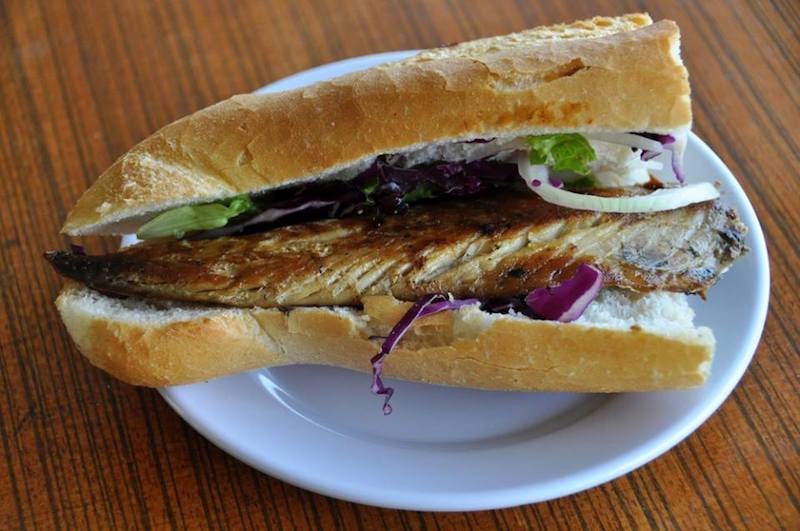
Many people have families that don’t understand their passion for traveling, especially to countries of the Near East, Asia, Africa or Latin America. Is the world really so dangerous?
P: Both our families are very fond of traveling, so we don’t have a similar problem. We have experienced the revolution in Cairo for example, and we weren’t afraid. Quite the opposite, actually. The demonstrators were trying to help us. To be honest, whenever Tomáš is away, I’m more worried about him when he’s in Paris than when he’s in Teheran.
T: During my years of travel, I’ve learned that the world on tv is the most dangerous. They try to make people afraid, show everything as evil and deform reality. It’s best to just throw away your tv and see for yourself that the world isn’t just black and white. Of course, you won’t always meet nice people, you’ll also meet bad people, but those experiences aren’t too frequent. Quite the opposite, you will be surprised how beautiful the world is and how many good people inhabit it. I never felt in danger on my travels. I’ve experienced the elections in Iraq, the election protests in Iran, the revolution in Cairo, and traveled across Turkish Kurdistan, Karabach, and Lebanon. It was never as bad as I expected. Quite the opposite.
In your opinion, which country is the most misunderstood and deserves more credit?
It’s definitely Iran. The image of Iran that’s presented by the media is completely different from reality. Anyone who has ever visited this beautiful country will tell you the same. Nowhere else have we met people who would stop us on the street and invite us for dinner because we are their guests.
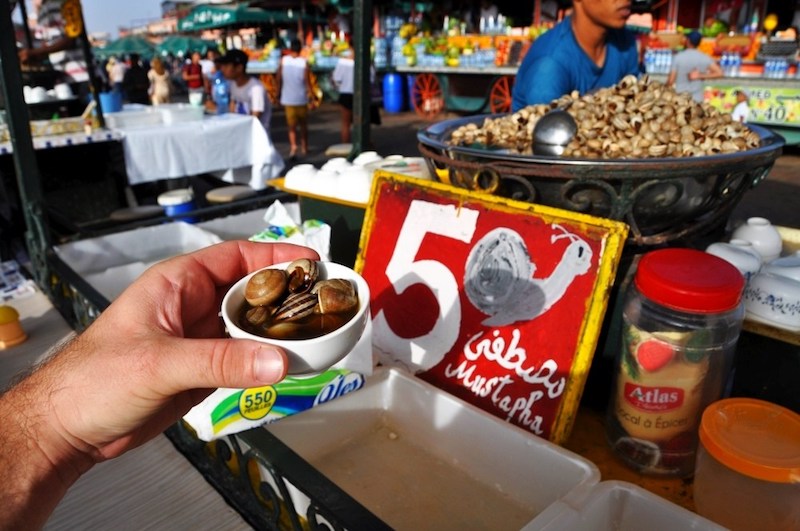
On your travels, have you learned you’d like to share with other people?
You have to travel with your eyes open, look around, see life, and accept it as it is on the road. Don’t try to change the people around you to follow your beliefs but learn their beliefs for yourself. You can visit 150 countries but if you only travel to brag about it, you’re doing it wrong. We always say that one month on the road will teach you more than a year in school.
What would you tell people who want to travel but are too afraid to try?
We can apply the same process here as we would do with anything new. First, we have to identify what prevents us from starting. If it’s a lack of money, we can travel around our own country, go somewhere close, or visit the neighboring country which doesn’t have to cost a lot. If you don’t have a partner to travel with, they won’t find you if you sit at home and wait, but you may meet someone on your travels. Life is short and every moment counts. You can’t wait for ‘the right moment’ to start traveling. You just have to do it. I’ve recently read that the hardest thing is leaving your house, and I agree. Once you get out of your own buttle, get over that barrier, you’ll see a beautiful world of endless opportunities. You’ll never have regrets about traveling.